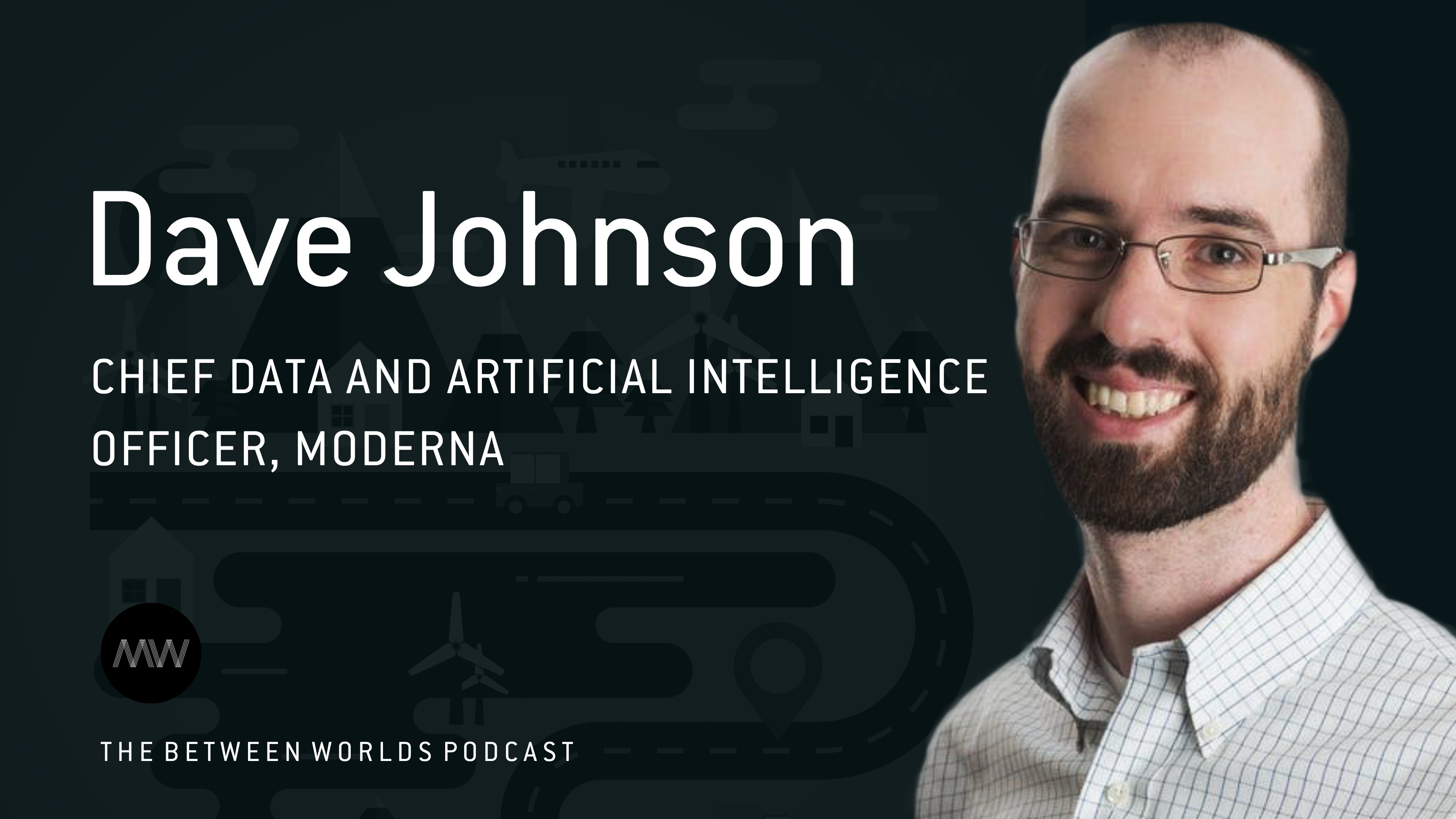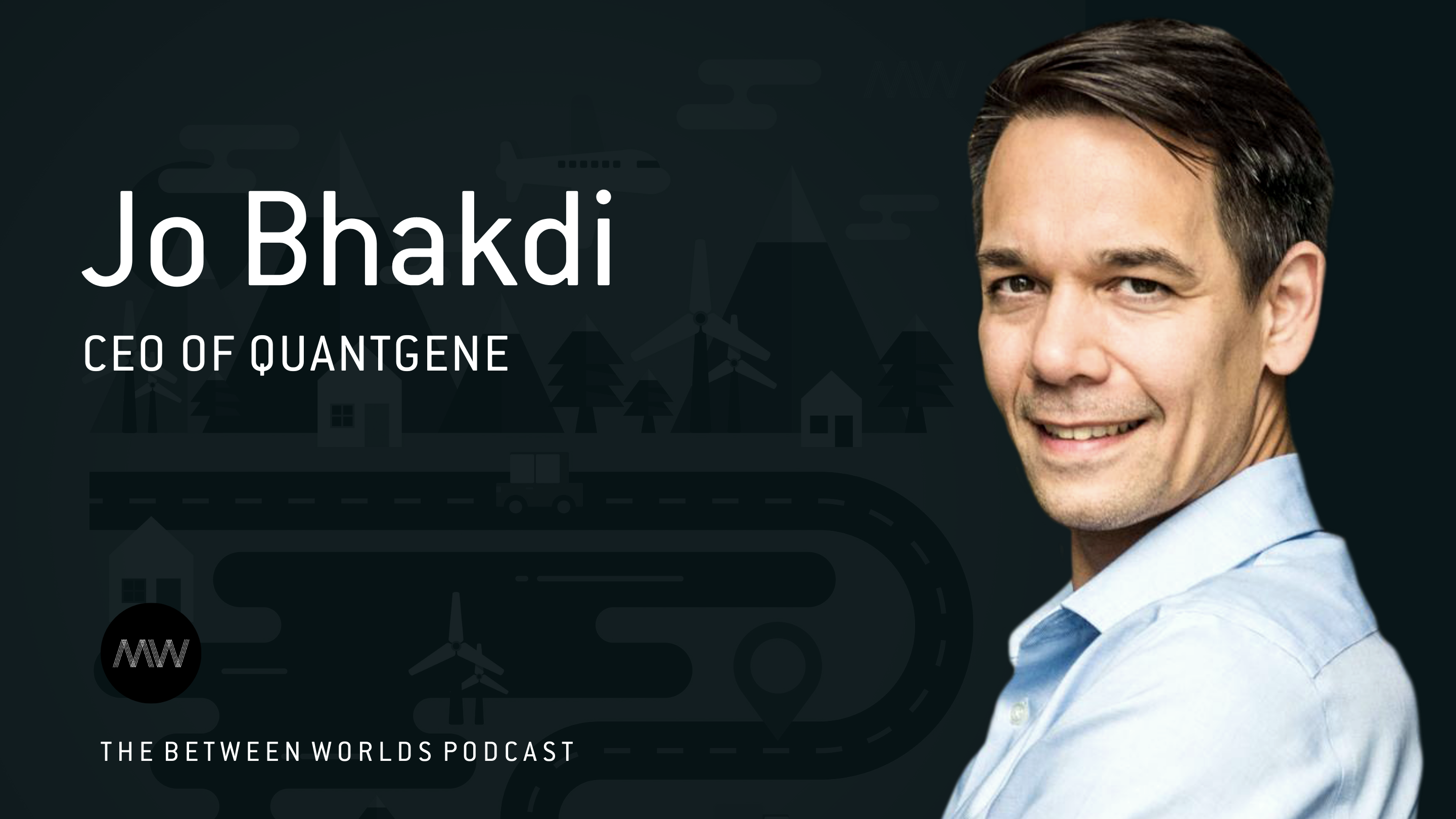
In this episode, I speak with Byron Reese, an acclaimed author, futurist, and entrepreneur, who shares his insights on the concept of ‘Agora’, a superorganism formed by the collective interactions of human beings. Drawing parallels complex adaptive systems like beehives, Reese argues that just as individual bees come together to create an entirely new organism with emergent properties, humans too form a higher-order entity through their differentiated roles and interactions.
Reese delves into the idea of life spreading through the universe via panspermia and the role of natural selection in the evolution of intelligent life on planets. He posits that the purpose of Agora is to protect life on Earth from existential threats, such as asteroids, and that the optimal number of intelligent species on a planet is one, as too many would lead to self-destruction, while too few might fail to protect the planet.
In our discussion, we also touch upon the potential co-evolution of humans and artificial intelligence, the consolidation of human knowledge through language models, and the importance of individual actions in contributing to the well-being of the superorganism.
5 Key Takeaways
1. Agora, a superorganism formed by human interactions, emerges from the differentiated roles and specialized interactions of individuals, much like a beehive.
2. Life may have spread throughout the universe via panspermia, and natural selection favors planets with a single intelligent species capable of protecting it from existential threats.
3. The purpose of Agora could be to safeguard life on Earth from catastrophic events, such as asteroid impacts, highlighting the importance of collective action.
4. The co-evolution of humans and artificial intelligence, along with the consolidation of human knowledge through language models, may significantly shape the future of society and decision-making.
5. Individual actions, such as kindness and personal growth, play a crucial role in contributing to the well-being and progress of the superorganism, potentially leading to a utopian future.





